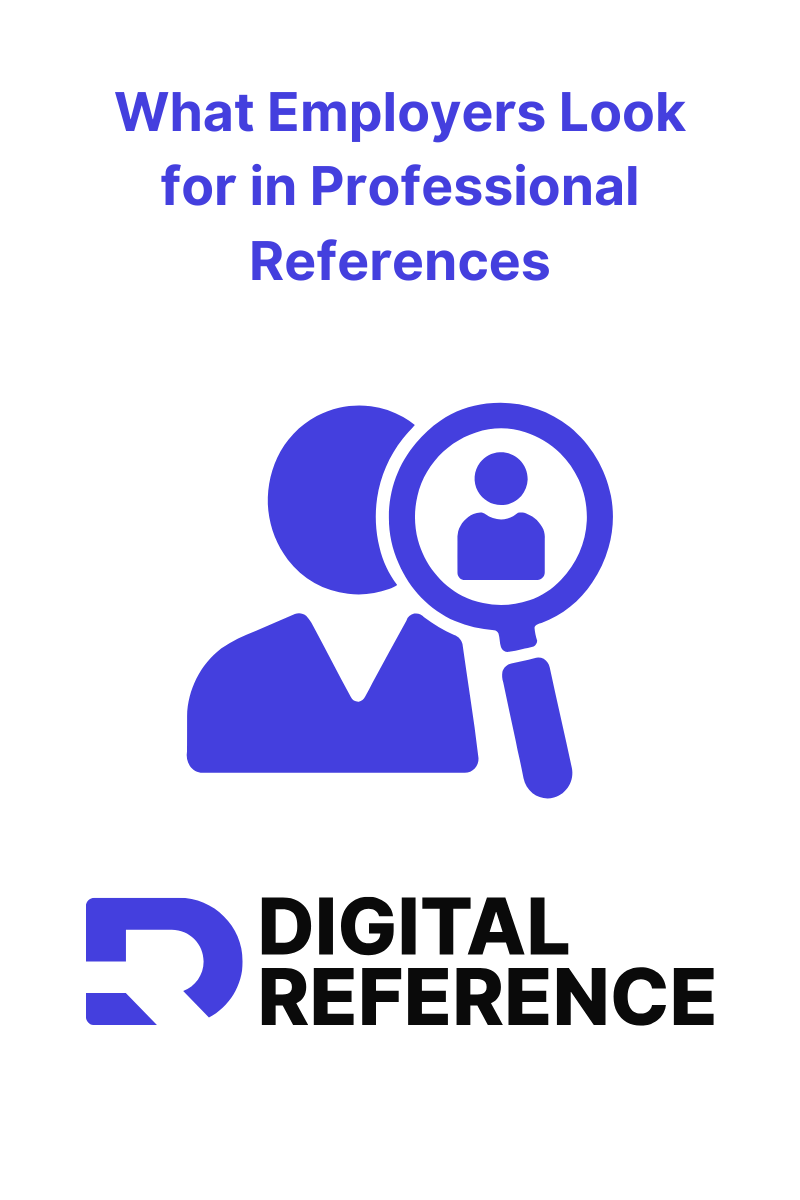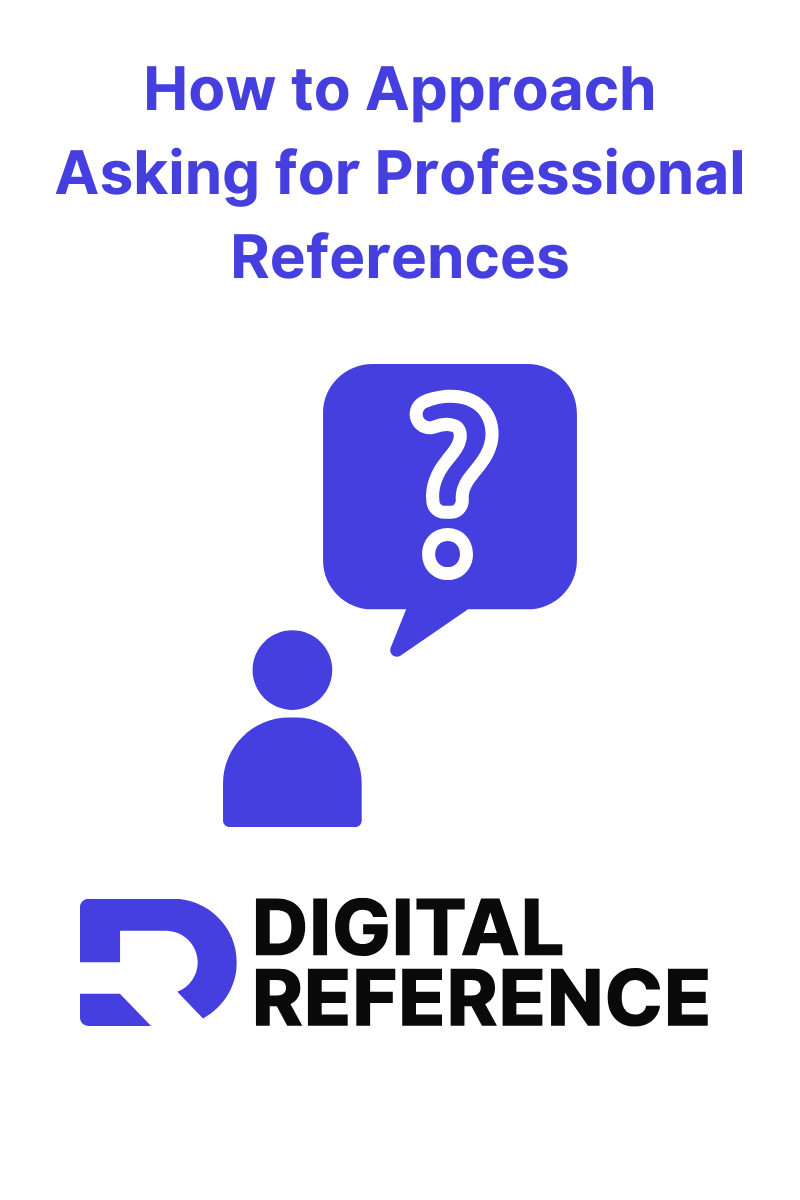
Ray Dalio's Baseball Cards and Their Influence on Digital Reference

Digital Reference is Setting Out to Collect the "Dots"
In the ever-evolving world of talent, transparency and trust remain the most elusive but vital components of how we assess one another. At Digital Reference, we’re building a new kind of professional platform—one rooted in radical authenticity and radical transparency. But this isn’t an abstract ideal. It’s grounded in very real ideas from thought leaders who have shaped how we think about people and performance.
One of the more surprising but insightful influences on Digital Reference is Ray Dalio, the billionaire investor, hedge fund founder, and author of the widely read Principles. In Dalio’s quest to build one of the most effective organizations on the planet, he developed what he called "baseball cards" for employees. These weren’t performance reviews or resumes. They were data-driven profiles based on how individuals actually performed over time in various scenarios—in other words, a structured collection of "dots."
This blog is about drawing the line between Dalio’s model and the mission of Digital Reference. We’ll explore what baseball cards are, why collecting dots matters, and how our platform is building toward a smarter, more efficient, and more human talent ecosystem.
What Are Ray Dalio’s Baseball Cards?
Ray Dalio’s baseball card concept comes from his belief that people are wildly inconsistent in how they assess talent, and that our own egos and biases often get in the way of accurate evaluation.
In his words:
"You need to collect dots on people—dots are experiences or observations of what someone is like. The more dots you have, the clearer your picture becomes."
At Bridgewater Associates, Dalio’s firm, these "dots" were logged systematically, often through feedback tools and recorded meetings. Over time, the data was analyzed and transformed into baseball cards that included key attributes like creativity, reliability, assertiveness, and decision-making style.
The point? To help managers and teammates understand who was best suited for what kinds of tasks. It was a tool not for judgment, but for alignment.
Baseball cards brought objectivity and memory into a process usually ruled by politics and gut feeling. Dalio’s goal was to build a meritocracy of ideas where the best answers could surface, regardless of who offered them. To do that, the players had to be accurately understood.
What Digital Reference Is Doing Differently (and Similarly)
At Digital Reference, we’re not a hedge fund. But we are obsessed with building a new way for professionals to be seen more fully and fairly. Where Dalio created baseball cards within a single organization, we’re taking that idea and applying it to the open talent economy.
Our platform allows professionals to:
- Capture video and text-based references that reflect who they are beyond their resume.
- Build structured portfolios that show off their work, not just their job titles.
- Collect endorsements and verification from clients, peers, and collaborators in a way that’s durable and portable.
Think of each reference, project, or testimonial on Digital Reference as a dot. One data point in a career. Useful on its own, but far more powerful when aggregated.
And just like Dalio’s cards, we’re not interested in performance reviews written by HR. We’re creating authentic, multi-dimensional portraits of people in context—from the founder who scaled a product team in chaos, to the fractional executive who helped a startup land its first enterprise client.
Our goal? A more efficient, more accurate talent ecosystem that rewards real experience and contribution over pedigree and polish.
Radical Transparency vs. Practical Privacy
Dalio’s approach to transparency was radical in the extreme. At Bridgewater, meetings were recorded, and feedback was often public. It wasn’t for everyone. In fact, Dalio freely admits that only certain types of people thrive in that environment.
At Digital Reference, we’re not promoting surveillance culture. Instead, we promote consensual, context-rich transparency. A video reference from a client, for example, is only shared when both parties are comfortable. We offer:
- Optionality in public and private references
- The ability to substitute anonymous or off-the-record testimonials
- Control over what gets shown and when
But make no mistake: we’re encouraging more transparency than the professional world is used to. Because that’s what improves efficiency. That’s what reduces hiring friction. That’s what elevates talent that doesn’t always shine on a traditional resume.
In short, we’re building a platform where dots can be collected ethically and shared strategically.
From Gut Feel to Pattern Recognition
Hiring today is still a gamble. You might scan a resume, browse a LinkedIn, have a 30-minute coffee chat, and then make a six-figure decision. Dalio knew that was flawed. We do too.
Digital Reference wants to make career pattern recognition scalable.
- Imagine a hiring manager browsing a profile that shows verified references across five roles, complete with project recaps and client feedback.
- Or a founder comparing fractional CTOs based on actual performance data, not just brand-name logos.
- Or a job seeker creating a customized portfolio for a specific RFP, showing only the most relevant achievements and proof points.
Each of these examples relies on visible, structured, and authentic dots.
We believe that once these dots are collected, new insights become possible:
- Who thrives in early-stage chaos vs. corporate complexity
- Who builds trust across teams vs. excels in solo execution
- Who elevates the people around them, and who stays heads-down and delivers
We’re not just creating new resumes. We’re creating new patterns.
When the Game Changes, So Do the Metrics
In baseball, the shift from old-school scouting to sabermetrics revolutionized how players were evaluated. Dalio took that mindset into finance and management. At Digital Reference, we’re doing the same for the professional narrative.
Because the world of work has changed:
- More people are freelancing, consulting, or working fractional roles
- Career paths are no longer linear
- Trust and proof matter more than ever in remote and distributed teams
Traditional tools don’t cut it anymore. A resume can’t show how you show up. A LinkedIn headline doesn’t prove how you collaborate.
But references, endorsements, and project portfolios? They do.
Dalio used baseball cards to build a repeatable, merit-based culture. We’re using the same logic to build a modern, merit-based platform.
Digital Reference: Not for Surveillance. For Signal.
We’ve heard the critique: “Isn’t this just more data collection?”
And here’s the truth: not all data is equal.
What Dalio understood is that better decisions come from better signal. That’s why Bridgewater collected feedback constantly—because over time, real patterns emerge. Not to punish people, but to empower them.
That’s what Digital Reference is about.
- We don’t score people, we surface context.
- We don’t replace human judgment, we augment it.
- We don’t sell data, we give professionals control over how it’s shared.
You might be a startup CTO. A solopreneur. A fractional CMO. A career-switching PM. Whoever you are, you deserve tools that help you show the work behind your work. Not just what you did, but how you did it. That’s what signal looks like.
The Future: A Living Card, Not a Static Bio
Imagine a world where:
- Every professional has a living, dynamic profile informed by verified inputs
- Hiring isn’t a gamble but a series of informed bets
- People build reputational capital based on authentic contribution, not just brand affiliation
That’s the world we’re building.
Dalio said:
“Knowing what someone is like is essential to managing well.”
We agree. And in a world where the lines between roles, employers, and identities are increasingly blurred, that knowledge needs to live with the individual, not in the HR files of a single company.
Your baseball card should be yours.
In Closing: Digital Reference is the Next Evolution
Ray Dalio built a culture and system around truth, transparency, and continuous improvement. His idea of baseball cards gave shape to what many of us felt but couldn’t express: that the people we work with are more than just job titles, and that over time, our true patterns emerge.
At Digital Reference, we’re expanding that vision into the open market. We’re building a platform for collecting the dots, not just for managers, but for anyone navigating the world of work.
Because careers are long, but life is short. And we believe the truth of who you are professionally—how you show up, what you accomplish, and who you impact—deserves a place to live.
Let’s build it together.
Join the movement. Claim your profile. Start collecting your dots.
Learn more about Digital Reference, Our Vision, and Mission
- What is Digital Reference?
- We think we can Replace the Resume at Digital Reference
- AI Killed the Resume - here’s why we believe that
- What does Digital Reference mean Radical Authenticity?
- What is Radical Transparency in the Talent Ecosystem?
- Why verified Professional References matter more than ever!
- Best practices when collecting professional references
- Here is how Digital Reference is making the Talent Ecosystem more efficient
- Best tools for collecting professional references
- The best tool for managing your professional reputation
- Why digital reference is more than a video resume
Explore other types of professionals, consultants, and executives featured on Digital Reference
- What roles are available for engineering executives?
- Careers for IT consultants & tech experts
- Legal professionals and what they do
- Product professionals and the roles available
- Operations professionals and the roles available
- List of the most popular industries to be a consultant
- Environmental consultants and the roles available
- Operations consultants and what they do
- Revenue professionals and the roles available
- HR executives and their key functions
- Finance & accounting consultants and what they do
- Jobs as fitness consultants or health experts
- Details on what revenue consultants do
- Learn more about academic professionals
- Deep dive into what HR consultants do
- Fitness professionals and the roles available
- Online marketplace professions
- Finance executives - roles that make the big bucks
- Finance professionals and the roles available
- What do marketing consultants do?
- Different professions in real estate
- Healthcare consultants deep dive
Guides to outsourced and fractional services:
- How to Hire a Fractional COO
- What does an outsourced chief of staff agency do
- What is an outsourced CEO agency
We'd love to hear from you, reach out at hello@digitalreference.co.
Subscribe to our newsletter
We'd love to have you follow our journey, learn about to new features and functionality, and get access to talent ecosystem news.


.png)

